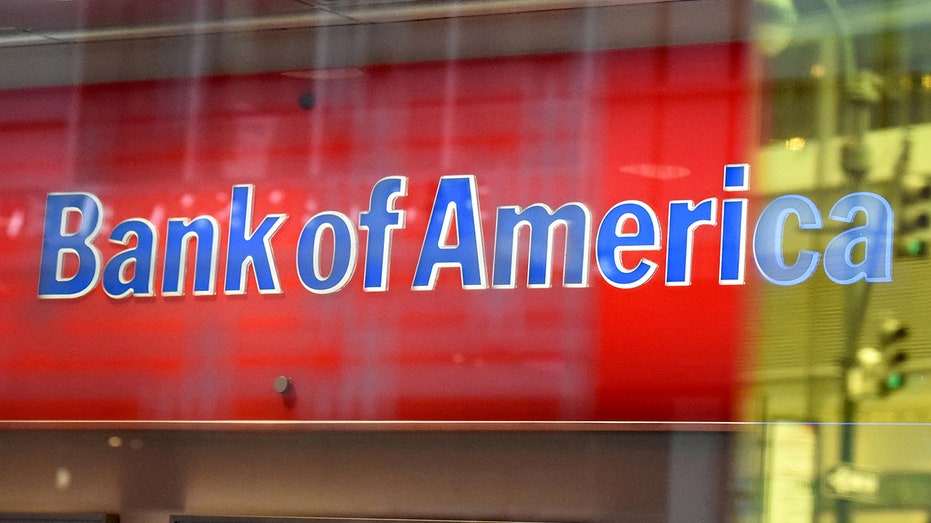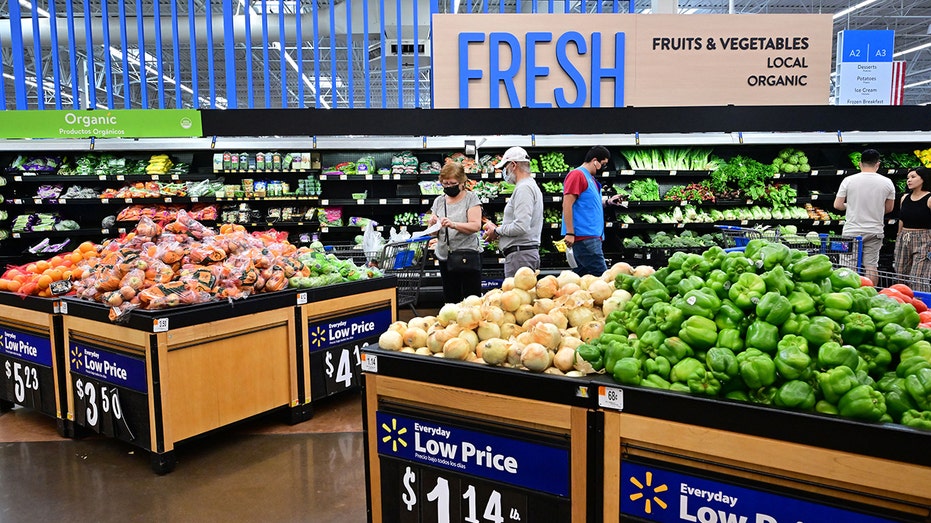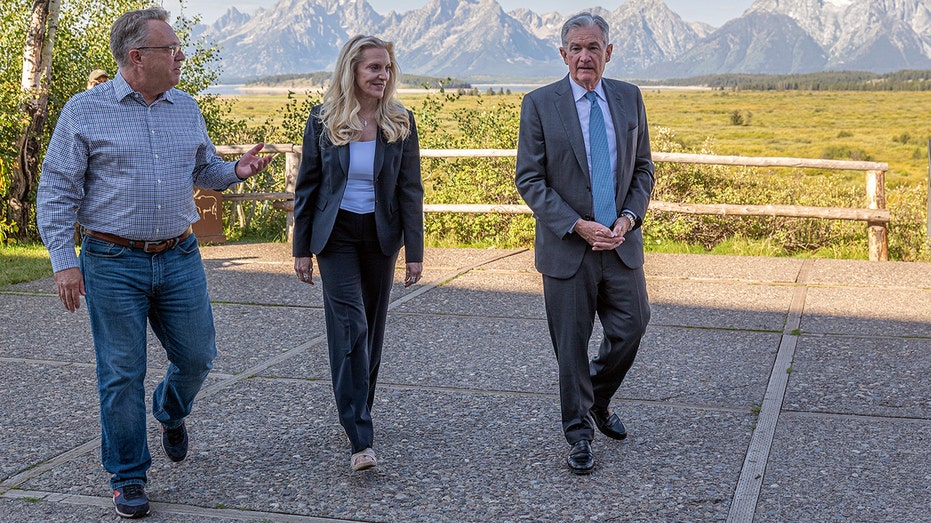Bank of America again warns of 'recession shock' as Fed doubles down on inflation fight
BofA: Investors should prepare for 'fast inflation shock'
'Overtly reckless' Fed will further roil markets: Sarge Guilfoyle
Sarge986 president Stephen Guilfoyle and Revere Securities CCO Scott Fullman preview the August jobs report and explain why now is the time for investors to be cautious on "The Claman Countdown."
Bank of America is once again warning of a coming recession jolt after the Federal Reserve pledged to "forcefully" fight record-high inflation, even if means slowing the economy.
In a Friday analyst note, strategists led by Michael Hartnett predicted a "fast inflation shock, slow recession shock" as the economy continues to confront surging consumer prices, high household savings, billions in fiscal stimulus and the impact of the war in Ukraine.
Hartnett said he expects "new highs in yields" and "new lows in stocks," after Fed Chairman Jerome Powell's keynote speech in Jackson Hole, Wyoming, last week, where he hinted at an increasingly hawkish central bank that is determined to wrestle inflation closer to its 2% goal, regardless of the potential economic fallout.
"While higher interest rates, slower growth and softer labor market conditions will bring down inflation, they will also bring some pain to households and businesses," Powell said. "These are the unfortunate costs of reducing inflation. But a failure to restore price stability would mean far greater pain."
IS THE UNITED STATES ENTERING A RECESSION?

A Bank of America logo is seen in New York City on Jan. 10, 2017. (Reuters/Stephanie Keith/File Photo / Reuters Photos)
Stocks plunged after Powell's comments, which fueled a 1,000-point market rout. Hartnett, however, said he would "nibble" at the S&P 500 between 3,600 and 3,700 points — nearly 9% below current levels.
There is a growing consensus on Wall Street that the Federal Reserve will trigger a recession as it battles inflation with a series of aggressive interest rate hikes. Policymakers approved back-to-back 75-basis-point rate hikes in June and July and have indicated that another supersized rate hike is on the table in September, depending on forthcoming economic data.
| Ticker | Security | Last | Change | Change % |
|---|---|---|---|---|
| I:DJI | DOW JONES AVERAGES | 37964.86 | -421.23 | -1.10% |
| I:COMP | NASDAQ COMPOSITE INDEX | 15790.582859 | -192.50 | -1.20% |
| SP500 | S&P 500 | 5065.11 | -51.06 | -1.00% |
Hiking interest rates tends to create higher consumer and business loan rates, which slows the economy by forcing employers to cut back on spending. Mortgage rates have nearly doubled from one year ago, and some credit card issuers have ratcheted up their rates to 20%.
Gross domestic product (GDP), the broadest measure of goods and services produced in the country, already fell for two straight quarters, with the economy shrinking by 1.6% from January to March and falling by another 0.6% in the period from April to June.

People shop for produce at a California store. (Frederic J. Brown/AFP via Getty Images / Getty Images)
Recessions are technically defined by two consecutive quarters of negative economic growth and are characterized by high unemployment, low or negative GDP growth, falling income and slowing retail sales, according to the National Bureau of Economic Research (NBER), which tracks downturns.
The decline in economic growth in the second quarter meets the technical, but unofficial, criteria for a recession, which requires a "significant decline in economic activity that is spread across the economy and that lasts more than a few months."
There are conflicting signs about the economy's health, fueling debate over the state of the economy: the number of Americans filing for unemployment benefits has gradually increased, companies have announced layoffs or hiring freezes, and the housing market is softening.

Jerome Powell, chair of the Federal Reserve, right, Lael Brainard, vice chair of the board of governors for the Federal Reserve System, center, and John Williams, president and CEO of the Federal Reserve Bank of New York, Aug. 26, 2022. (David Paul Morris/Bloomberg via Getty Images / Getty Images)
At the same time, consumers are still spending heavily despite scorching-hot inflation, and the economy is still adding a solid number of jobs.
CLICK HERE TO READ MORE ON FOX BUSINESS
While Powell has said that tackling inflation remains the central bank's No. 1 priority, even if it means risking a downturn, he said in July that he does not believe the U.S. is currently in a recession.
"We think it’s necessary to have growth slow down," Powell said. "We actually think we need a period of growth below potential in order to create some slack so that the supply side can catch up."
